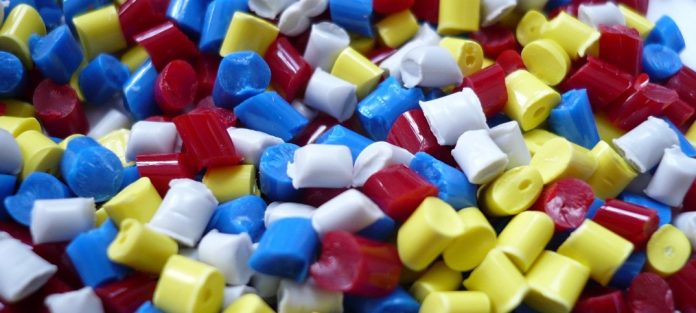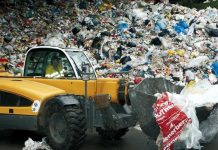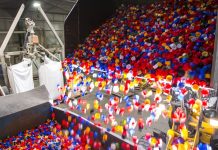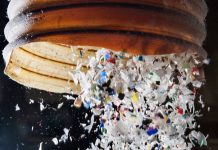latest update of Design for Recycling Guidelines and Recyclability Evaluation Protocols
RecyClass has released significant updates to its Design for Recycling Guidelines and Recyclability Evaluation Protocols, reflecting the latest scientific findings and ongoing collaboration across the plastic packaging value chain.
Over the past six months, RecyClass has released several protocols to reflect evolving industry needs and ensure harmonised recyclability assessment procedures. This includes the Recyclability Evaluation Protocol for labels applied on PS containers, the Recyclability Evaluation Protocol for inks applied on PET bottle decorations and the Recyclability Evaluation Protocol for EPS Fish Boxes and White Goods.
RecyClass Technical Committees are undertaking further work on the recyclability of labels and adhesives across other streams, which will result in the publication of new protocols during the year.
The RecyClass Design for Recycling Guidelines continue to evolve, offering updated criteria for specific packaging materials to improve recyclability across the value chain. For HDPE containers, closures made with up to 10 wt% of PP are now considered fully compatible thanks to the progress in flake sorting technology. For PE films, EVOH is now considered fully compatible up to 5 wt%, provided it meets a specific EVOH:tie layer ratio. When it comes to the full set of RecyClass Guidelines, non-bleeding inks have been renamed as retentive inks to reflect the most commonly used terminology.
Additionally, RecyClass has also published specific guidelines for white PET Opaque bottles used for food applications. The extensive support from the entire plastic value chain, including white opaque PET bottle recyclers, has been crucial in achieving this objective. To complement this development, a test campaign will be launched to evaluate the impact of multilayer bottle structures on the colour of the recyclate. Based on the findings, recyclability certification for these applications will be made available at the beginning of next year.
RecyClass will continue to advance plastics circularity by pursuing its investigations into the most common packaging features that affect plastics recycling. Current efforts are focused on several key topics, such as cold seals for PP films, nitrocellulose ink alternatives for PE films, direct printing for rigid packaging, rigid rolling packaging as well as the development of a colour sorting module for the sorting protocol.
Source: RecyClass





